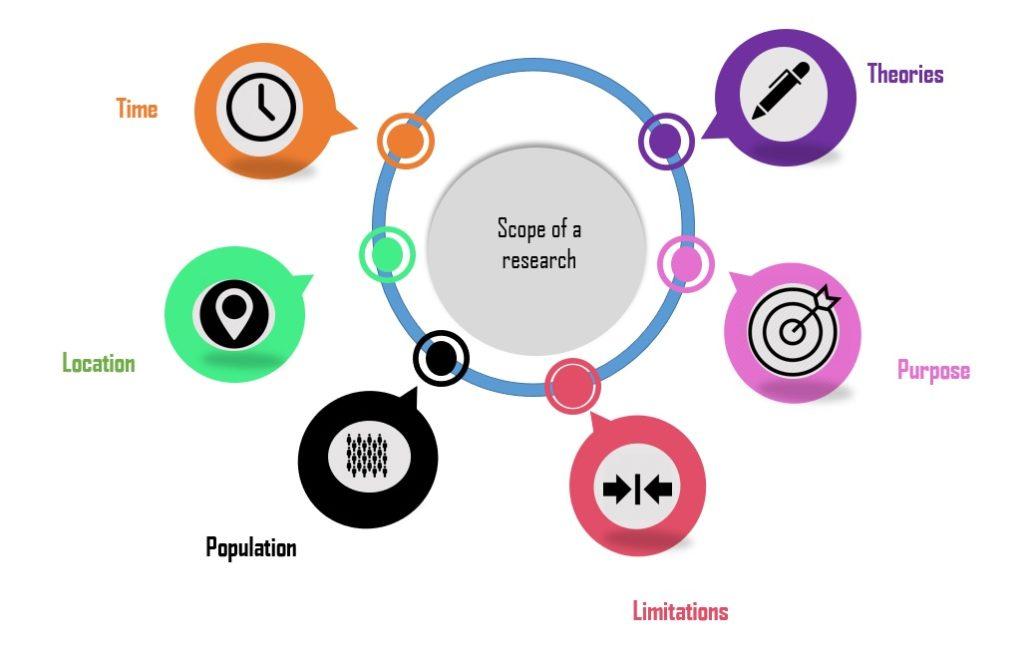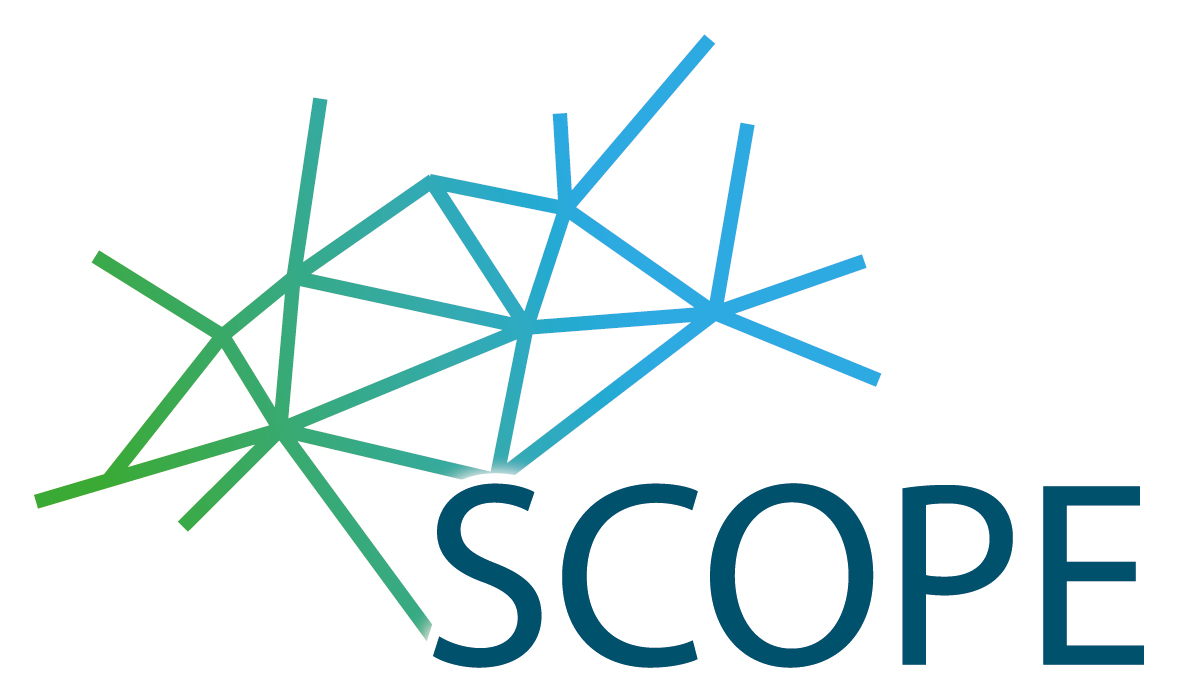Informations
Convenience
- Free of Cost Publishing
- Global Exposer
- Rigorous Peer Review
- Prompt Publishing
- Open Access
Publication Ethics and Malpractice Statement (PEMS)
A Publication Ethics and Malpractice Statement (PEMS) is a document that outlines the
ethical standards and expectations for authors, editors, reviewers, and publishers involved
in academic publishing. It serves as a guideline for ensuring the integrity, transparency,
and quality of the publication process. PEMS helps maintain the credibility of scholarly
journals, books, and other academic works.
While specific PEMS statements may vary among publishers and journals, here are some common
elements typically covered:
Authorship and Originality: PEMS
emphasizes that authors must submit original work and take responsibility for the content
they submit. It usually requires authors to appropriately cite and reference the works of
others and avoid any form of plagiarism, data fabrication, or falsification.
Peer Review Process: PEMS describes the
peer review process and its importance in ensuring the quality and validity of published
work. It emphasizes the need for confidentiality, objectivity, and timely completion of the
review process.
Conflict of Interest:PEMS addresses conflicts
of interest that may arise in the publication process. This includes disclosing any
financial, personal, or professional relationships that could influence the integrity or
objectivity of the work.
Data and Research Integrity:
PEMS encourages the use of sound research practices, accurate data reporting, and
transparency in methods and results. It may require authors to retain and provide access to
their research data for verification and replication.
Corrections, Retractions, and Withdrawals: PEMS provides
guidelines for correcting errors, retracting or withdrawing
published works when necessary. It outlines the process for handling such cases and the
responsibilities of authors, editors, and publishers in ensuring accuracy and
transparency.
Ethical Treatment of Human and Animal Subjects: Ethical
Treatment
of Human and Animal Subjects: PEMS highlights the importance of ethical considerations in
research involving human or animal subjects. It typically requires compliance with relevant
ethical guidelines, obtaining informed consent, and protecting the privacy and rights of
individuals or animals involved in the study.
Publication and Authorship Misconduct: PEMS addresses issues
related to duplicate publication, redundant publication
(salami slicing), guest or ghost authorship, and other forms of misconduct that compromise
the integrity of the publication process.
Plagiarism and Copyright:PEMS reinforces the importance of
avoiding plagiarism and respecting copyright
laws. It may specify that all submitted work should be original and properly cited, and that
authors should obtain permission to use copyrighted material when necessary.
Publication and Authorship Misconduct: Handling Complaints and
Misconduct: PEMS outlines procedures for addressing complaints related to ethical
misconduct, including plagiarism, data manipulation, or unethical behavior. It may provide
information on how to report concerns and the investigation and resolution
processes.
Handling Complaints and Misconduct:Handling Complaints and
Misconduct: PEMS outlines procedures for addressing complaints related to ethical
misconduct, including plagiarism, data manipulation, or unethical behavior. It may provide
information on how to report concerns and the investigation and resolution
processes.
It's important to note that PEMS statements are specific to individual publishers and
journals. Authors and researchers should familiarize themselves with the PEMS of the target
publication before submitting their work and adhere to the stated guidelines to ensure
ethical publishing practices.


